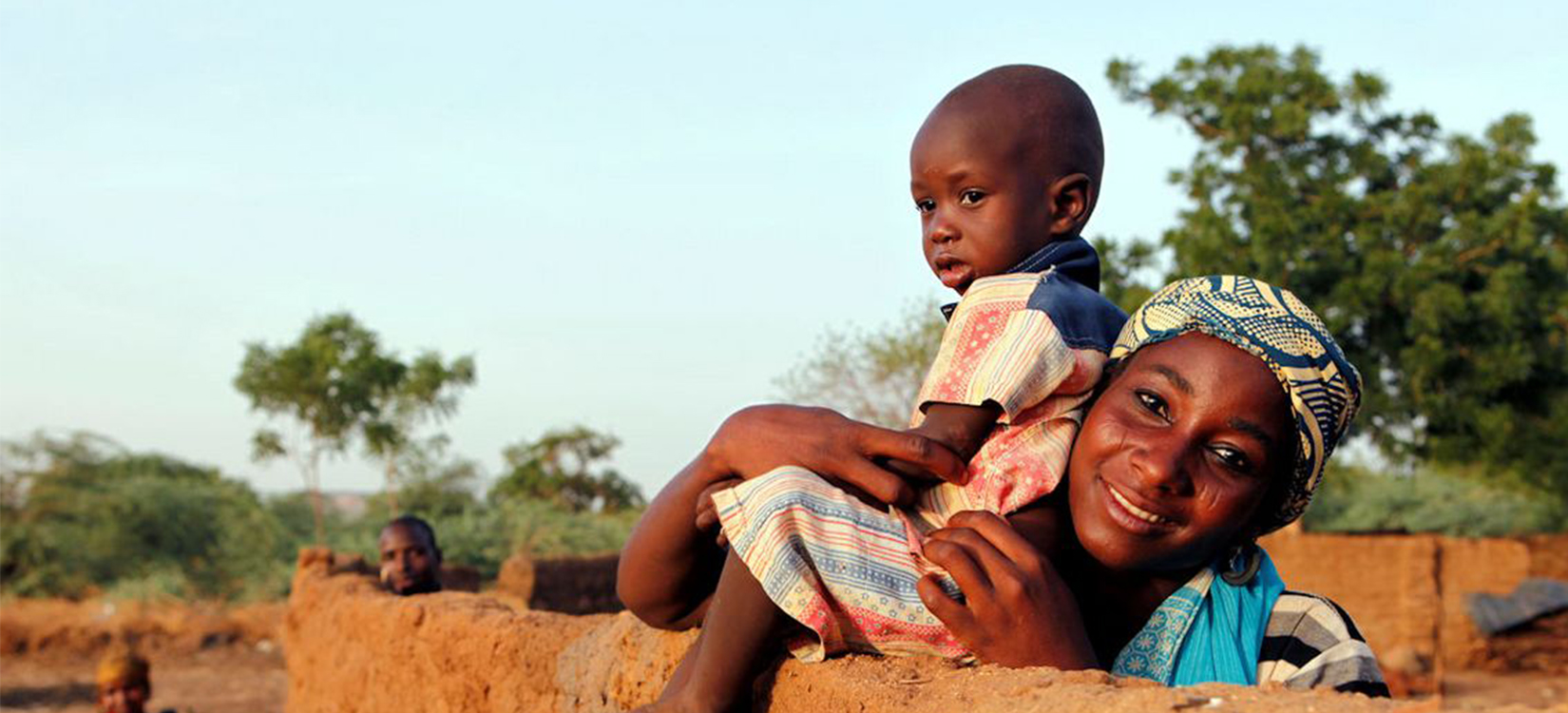Celebrating Women: Speaking Truth to Power

Edna (not her real name) walks to her children’s school every Monday and Friday to collect and submit learning modules. This is after she finishes preparing breakfast (if there is something to prepare) and attends to the needs of her three children, 7, 5 and 2. Her husband is away working as a construction worker. At the height of the pandemic, she was left without a husband and a source of income. His husband was displaced from work and got stranded in the construction site together with other workers. Thus, despite tight quarantine protocols, she tried her luck going to people’s homes, giving manicure and pedicure services, and a lot of times, she went to the nearby creek, gathering camote tops and malunggay leaves to supplement the relief packs she and her children would consume. Nobody knows when help would come, or whether they would come at all. From March until August, she received approximately three bags of rice and canned goods, but she was not included in the social amelioration program (SAP) of the government and did not receive any financial assistance. The barangay said her name was not in the list, even though she gave birth and raised all her kids in the same broken-down shanty for almost eight years.
Edna is only one of the millions of women who, before COVID-19 was barely getting by, but is now left with almost no source of livelihood and the multiple burden of overseeing her children’s education and attending to other domestic responsibilities. Unpaid care work is being disproportionately borne by women, who are expected to balance housework, child care and elderly care, and in many cases look for alternative means of livelihood when the husbands cannot provide.
#Women are also disproportionately affected by the economic loss brought by mobility restrictions in #COVID-19. As much as 6.6 million Filipino women are working in the informal sector – one of the hardest hit sectors of the pandemic. These women have little to no access to social protection measures and safety nets, and were the first to close down their enterprises or laid off from their jobs as a result of economic contraction.
A study published by UN Women in April 2020 showed that quarantine measures have trapped women and girls with abusive family members, at a time when reporting mechanisms and survivor services are scaled back. Massive economic loss has contributed to household stresses, a major risk factor in domestic and gender-based violence.
Internally-displaced women also face hygiene and security issues while in the evacuation centers and temporary shelters. The UN Women study also cited reports of sexual harassment in police and military checkpoints, compounding the condition of poverty, social exclusion and discrimination, being experienced by women in internally-displaced communities.
Women in the countryside continue to suffer from unpaid family labor,compounded by other forms of semi-feudal forms of exploitation. Women in farming and fisherfolk households continue to experience hunger, with one out of three fisherfolk, and a significant number of farming households living in extreme poverty (IBON Foundation, 2020).
Women frontline workers comprise 75 percent of the total workforce braving the pandemic, sans proper protective equipment, hazard pay and government support. Frontline workers, including social workers brave the risks of getting infected to provide essential, life-saving services to the most disadvantaged segments of the population.
This International Women’s Day, SWAN-Philippines call our fellow social workers to stay true to our tasks in “examining roles, equity and fairness not only in the profession but within society and with the women we serve each day” (National Association of Social Workers) because “almost every issue is a women’s issue that requires an intersectional gender lens” (Social Work Speaks).
We thank and celebrate all women who stand up everyday for their loved ones and families, for the society we live in – no matter how dysfunctional, for standing against misogyny and oppression. With you, we #ChooseToChallenge a society and culture of inequity and unaccountability. With you, we speak truth to power.


